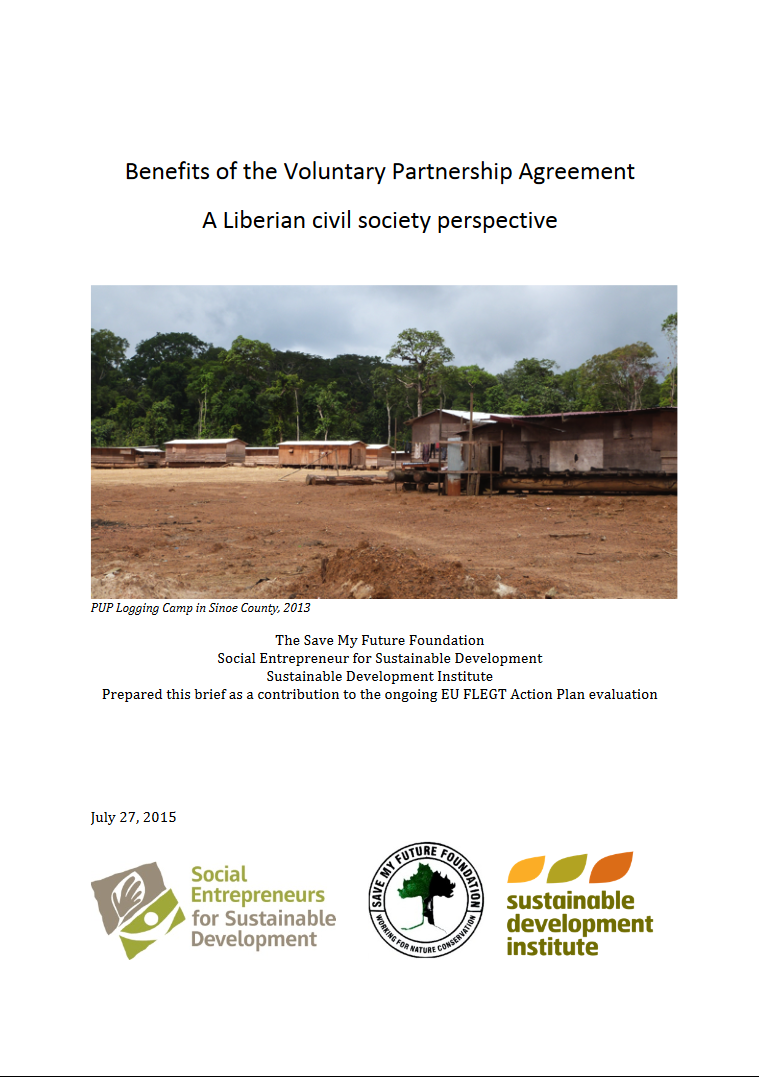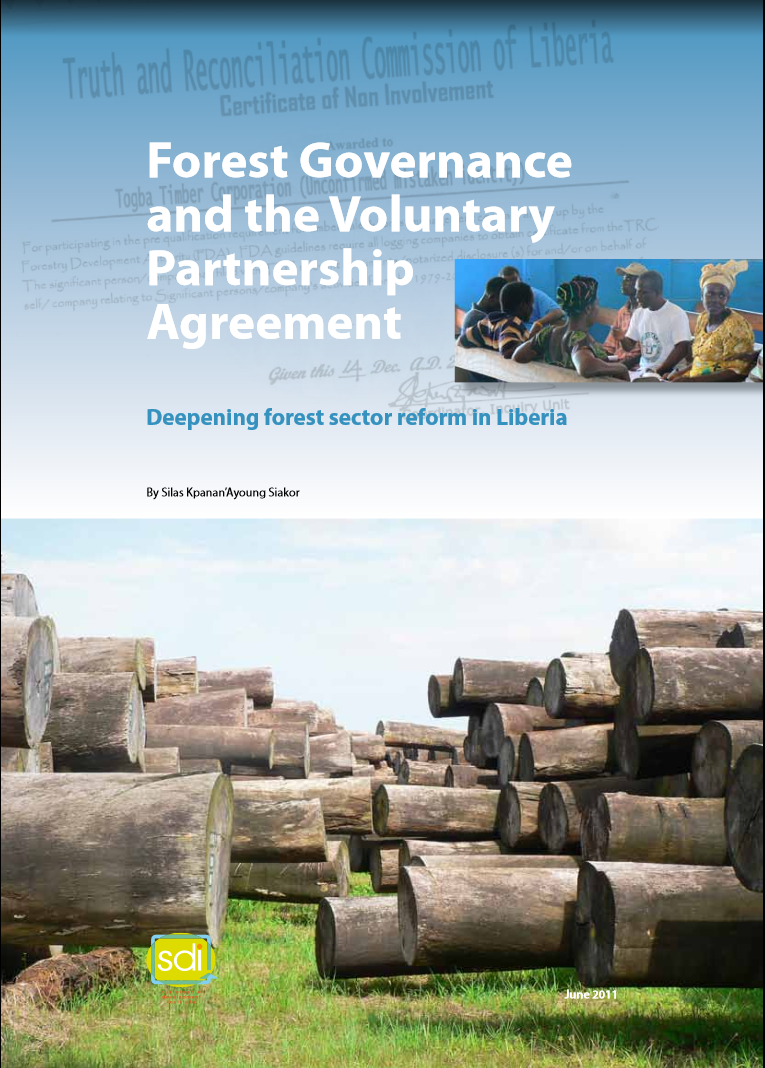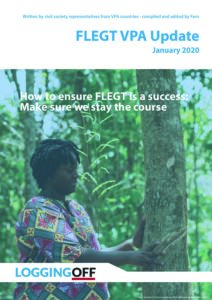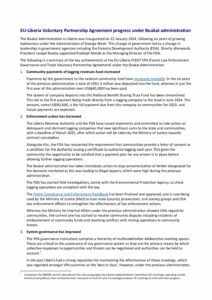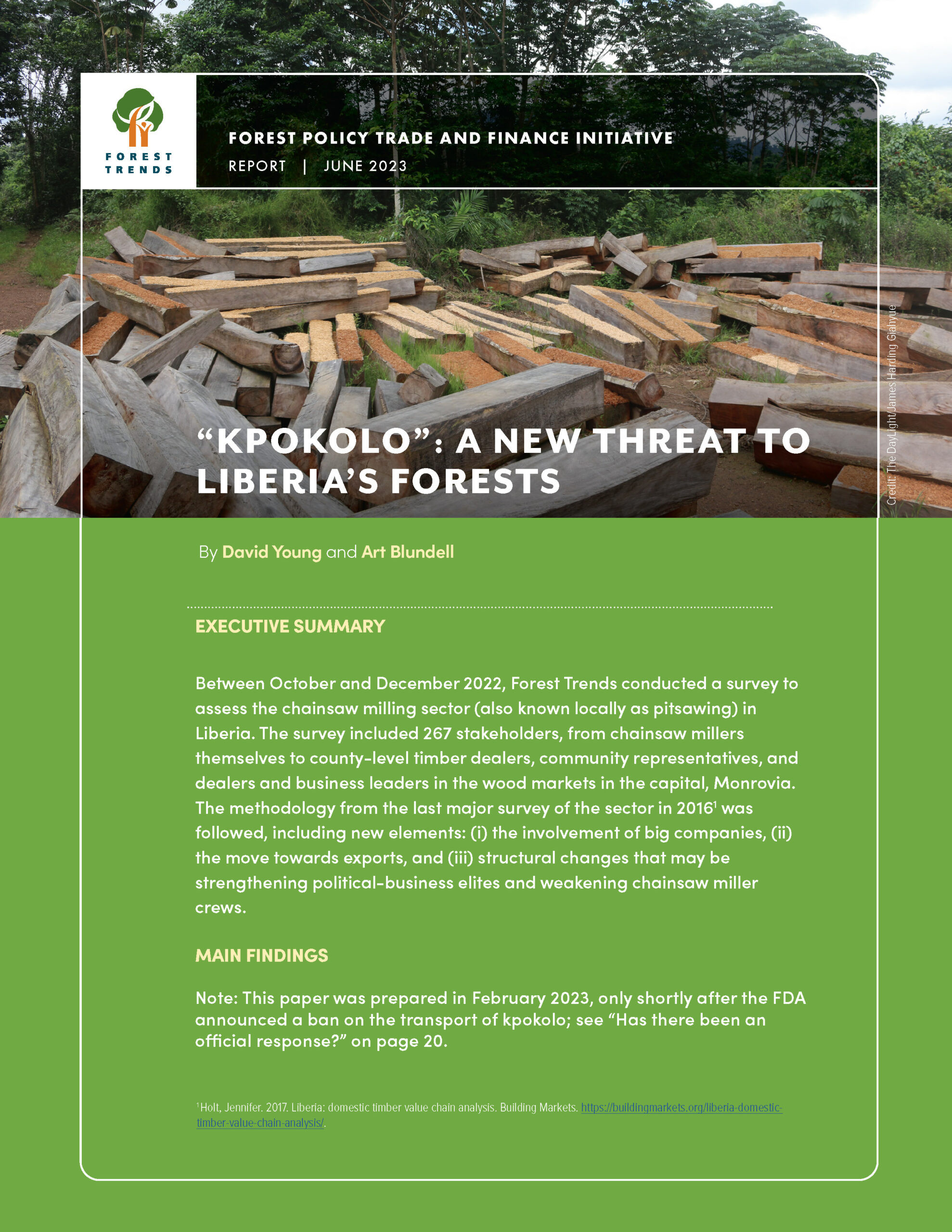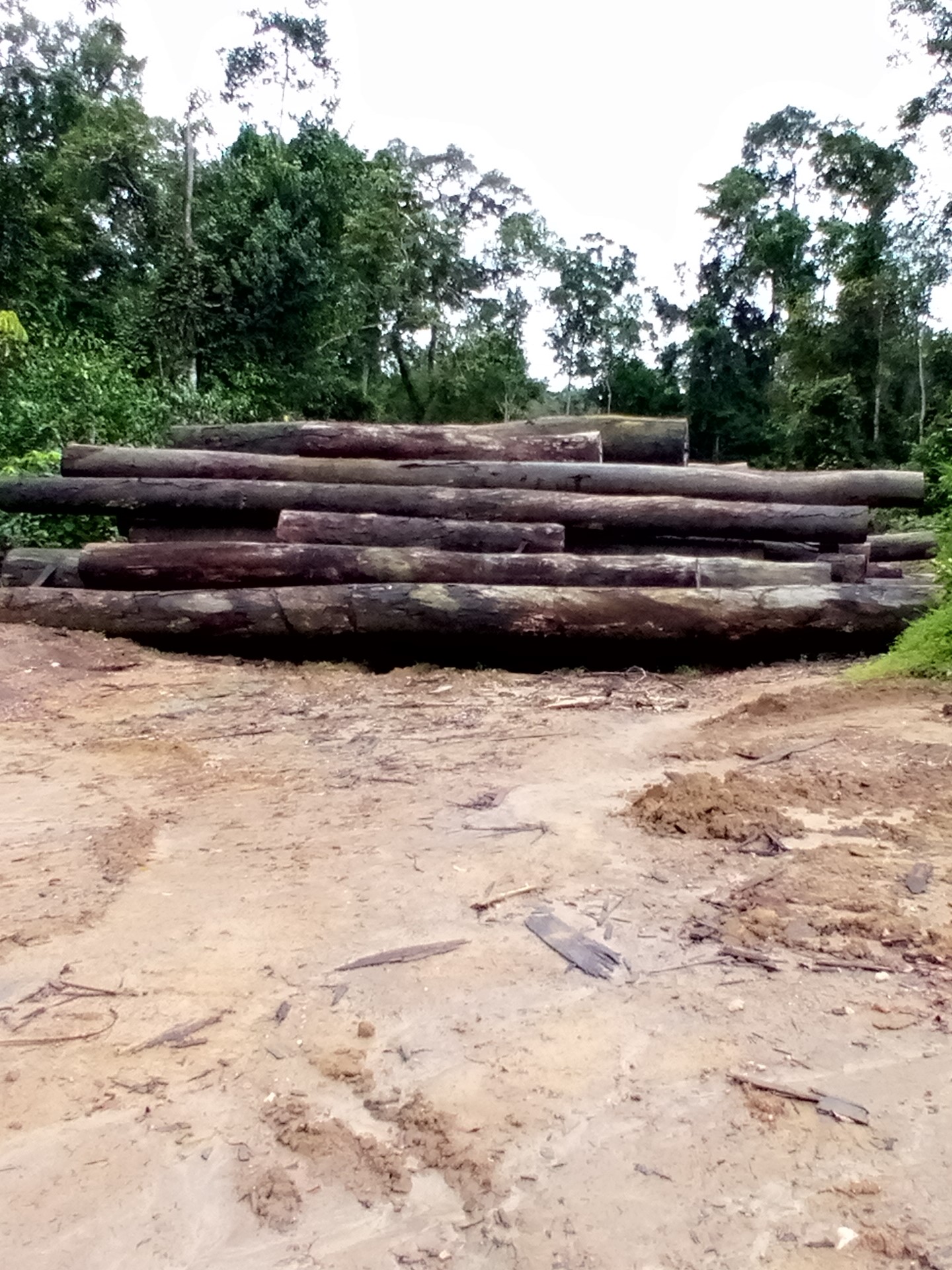Liberia
Photo: Terry Sunderland – CIFOR, Flickr/cc.
Liberia started VPA negotiations in 2009 and the VPA entered into force on 1 December 2013. Liberia is currently developing the systems needed to control, verify and license legal timber.
Forests are important contributors to Liberia’s formal and informal economies. For many communities, forests are critical to livelihoods but major drivers of deforestation include slash-and-burn agriculture, charcoal production and artisanal logging.
China is now the main importer of Liberian timber, but both Liberia and the EU expect that VPA implementation will strengthen the standing of Liberian timber products on the EU market. Liberia contains more than half the entire rainforest remaining in West Africa. About 45 per cent of the country, 4.3 million hectares, is covered by forest. During Liberia’s civil war in the 1990s and early 2000s, timber revenues were misappropriated and used to sustain the conflict. In 2003, the UN Security Council imposed sanctions on timber exports from Liberia. These sanctions were lifted in 2006 following the country’s efforts to reform the forest sector.

Latest VPA update:
Liberia’s economic crisis is deepening by the day. In October 2019 President Weah issued a “Proclamation to extend the Second Regular Session of the National Legislature beyond the date for adjournment for an extraordinary session of that body to act upon matters of national emergency and concerns”. The main reason President Weah requested an extraordinary session is to print new currency banknotes to address the acute shortage of Liberian dollars at commercial banks in the country, which is affecting daily transactions.
The situation is crippling the economy. The Liberian Legislature has not yet met and, if they do, may not reach consensus. Some lawmakers have requested that the President implement the recommendations for the billions of Liberian banknotes that are missing and for the US$25 million that have been infused into the Liberian economy to mop up excess Liberian dollar on the market. Additionally, for the past two months, the Government has been unable to pay civil servants and government officials (including members of the National Legislature), and salaries have been reduced across all sectors of government.
Momentum is building for yet another protest (most likely in December) due to the increasingly gloomy economic situation affecting most people. Reports are mixed regarding the plan to arrest Henry Costa, the main organiser of the Council of Patriots (COP) leading the protest.
While Liberia’s economic woes are sky-rocketing, challenges to the future stability of the forestry sector and the VPA process are also rising. In November the SOFRECO consulting firm completed a review of logging concessions, contracts and agreements. It shared the draft report with forest stakeholders, who concluded that the “Capacity challenges facing GoL [the Government of Liberia] are further exacerbated by poor infrastructure, which hinders the ability of companies to fully operationalise and creates knowledge gaps within communities, which leads to questionable selection of partner operators”.
It is hoped that this report, once finalised, will result in government action with external support, under the Norway-Liberia Agreement, to strengthen compliance with the Liberian forestry’s legal framework and to promote sustainable forest management. Liberia’s Forestry Development Authority had been expected to provide comments and feedback by end of November before completing the final report and presenting it to Liberia’s forest stakeholders.
Communities did not get any budget for 2019/2020, despite a series of consultations with the Government to commit a portion of land rental arrears that logging companies paid into the National Budget. This confirms stakeholders’ earlier concerns that, as in budget year 2018/2019, no rental fees would be allocated to communities, with serious consequences – once again – for people already hurt by the economic situation.
The EU-Liberia committee created and selected to integrate timber sourced from commercially oriented Community Forest Management Agreements (CFMAs) into the Timber Legality Assurance
System (TLAS) has made some progress. For example, the EU-funded Liberia’s VPA Support team is commencing its second phase of technical support. The team hired a consultant to finalise eight criteria and indicators for integrating CFMAs into the TLAS. The compliance of these criteria and indicators with Liberia’s forestry legal regime is under review. CSOs hope that this multi-stakeholder participation between the EU and Liberia will increase accountability.
As has now become normal, the Forestry Development Authority (FDA) Managing Director Hon. C. Mike Doyen did not attend any National Multi-Stakeholder Monitoring Committee (NMSMC) meetings in 2018 or 2019. This affects the health of the VPA process and the FDA’s commitment. For example, in September the FDA finally responded to the Sustainable Development Institute’s (SDI) brief on Sewakajua CFMA, published in March 2018. The response – in draft form and not addressed to SDI – was circulated to the VPA multi-stakeholders email list; it did not fully address SDI’s inquiries. Additionally, the FDA have yet to verify the findings of a December 2018 report by VOSIEDA, another CSO that highlighted compliance issues.
Through the Liberia Land Authority (LLA), the government continues to collaborate with civil society to implement the Land Rights Act (LRA). The LLA has been working with CSOs on pilot projects, testing steps and guidelines to formalise the customary land claims section of the LRA and render it operational. In addition, the LLA has invited CSOs to review a number of policy documents and regulations, including the draft regulation on customary land governance and the systematic land titling guide. Finally, CSOs worked with both the FDA and the LLA to develop tools and awareness-raising documents, including a simplified version of the LRA’s customary land rights section.
Implementation of the Land Rights Act has been positive. However, areas of concern remain, including lack of clarity about provisions to deal with concessions agreements signed before the law, community forestry and private claims such as the Tribal Certificate (TC). The government has not engaged in a systematic awareness campaign on customary land rights and seems to lack a coherent role and strategy for CSOs. Meanwhile, allegations persist that customary lands are being privatised by national and local elites.
Noting that even government salaries are affected, Liberia’s economic and monetary crisis is not conducive to a culture of accountability and could undermine progress made in other areas. The disinterest signalled by the FDA director’s unwillingness to show up for NMSMC meetings has had unfortunate echoes elsewhere. Whether by indifference or incapacity, authorities have failed to clarify important land rights issues or adequately inform communities of their right to customary land title, against a backdrop of claims that these are being violated. The government has also failed to distribute money owed to communities that industry had already paid. In this context, the collaborative efforts to raise awareness and formalise rights made between civil society and certain authorities, such as the LLA, are important. It is hoped that external factors – Norway-Liberia Agreement, EU-Liberia FLEGT cooperation – will continue to support broader VPA goals.
Last updated in January 2020.
A brief history of VPA negotiations so far, from a civil society perspective
Civil society and local community groups in Liberia have been using the VPA negotiations and implementation to push for change on issues that are important to them. In 2015 a number of Liberia civil society organisations published a report documenting the value of the VPA and how they have used it.
A detailed assessment of the VPA negotiation process is covered in a report published by SDI at the conclusion of negotiations.
Contact point
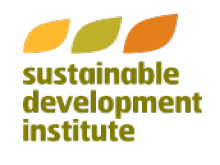

For the latest information about Liberia, contact:
Sustainable Development Institute (SDI Liberia):
Jonathan W. Yiah: Jonathan.w.yiah@gmail.com
Jacob L. Hilton: Jacoblavalah2009@gmail.com
Foundation for Community Initiatives (FCI Liberia):
Share this page on social media:



